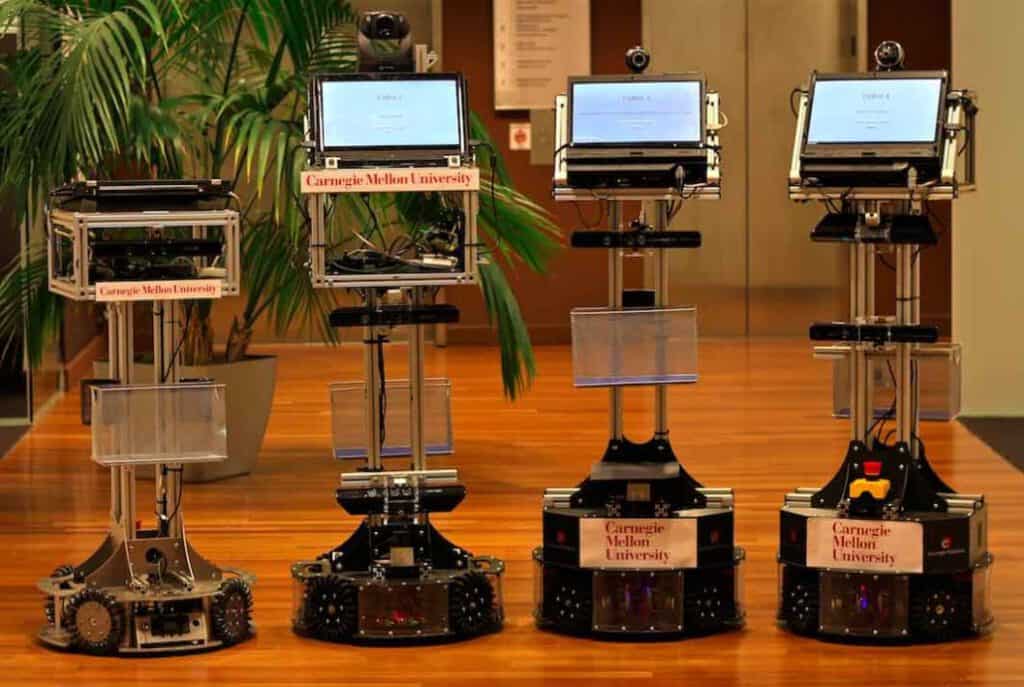AI Researcher Michael Webb
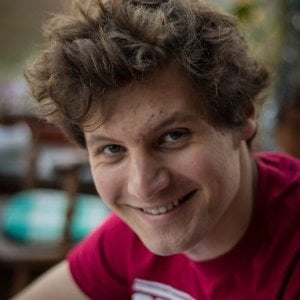
Contents
AI Safety Research
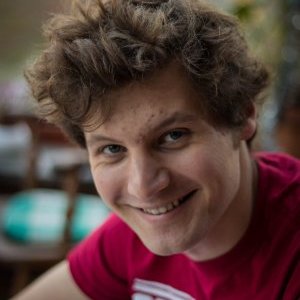
Michael Webb
PhD Candidate
Stanford University
Project: Optimal Transition to the AI Economy
Amount Recommended: $76,318
Project Summary
Progress towards a fully-automated economy suffers from a profound tension. On the one hand, technological progress depends on human effort. Human effort is, in general, decreasing in the amount that effort is taxed. On the other hand, the more the economy is automated, the more redistribution could be required to support the living standards of the less skilled. The less skilled could even become unemployed, and the unemployed could eventually comprise the majority of the population. The higher the fraction unemployed, the higher must be the tax burden on those who are productive in this new economy.
At first glance, then, the more technological progress we make, the more we will be forced to disincentivize further progress. Yet, it is possible that some paths of tax and subsidy policy could lead to vastly improved social welfare a few decades hence compared to others. Some paths might avoid altogether the scenario sketched above. This project seeks to characterize the path of optimal policy in the transition to a fully-automated economy. In doing so, it would answer directly the question of how we maximize the societal benefit of AI.
Technical Abstract
Progress towards a fully-automated economy suffers from a profound tension. On the one hand, technological progress depends on human effort. Human effort is, in general, decreasing in the amount that effort is taxed. On the other hand, the more the economy is automated, the more redistribution could be required to support the living standards of the less skilled. The less skilled could even become unemployed, and the unemployed could eventually comprise the majority of the population. The higher the fraction unemployed, the higher must be the tax burden on those who are productive in this new economy.
At first glance, then, the more technological progress we make, the more we will be forced to disincentivize further progress. Yet, it is possible that some paths of tax and subsidy policy could lead to vastly improved social welfare a few decades hence compared to others. Some paths might avoid altogether the scenario sketched above. This project seeks to characterize the path of optimal policy in the transition to a fully-automated economy. In doing so, it would answer directly the question of how we maximize the societal benefit of AI.
Course Materials
Course Names:
- “Long-Term thinking about AI” – Summer Program in Applied Rationality and Cognition (SPARC)
- “Automation and AI” – SPARC
About the Future of Life Institute
The Future of Life Institute (FLI) is a global think tank with a team of 20+ full-time staff operating across the US and Europe. FLI has been working to steer the development of transformative technologies towards benefitting life and away from extreme large-scale risks since its founding in 2014. Find out more about our mission or explore our work.
Related content
Other posts about AI Researcher Profile
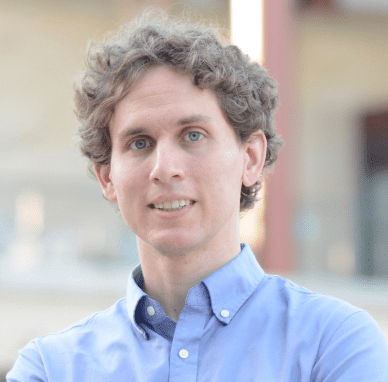
AI Researcher Jacob Steinhardt
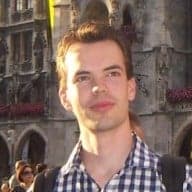
AI Researcher Bas Steunebrink
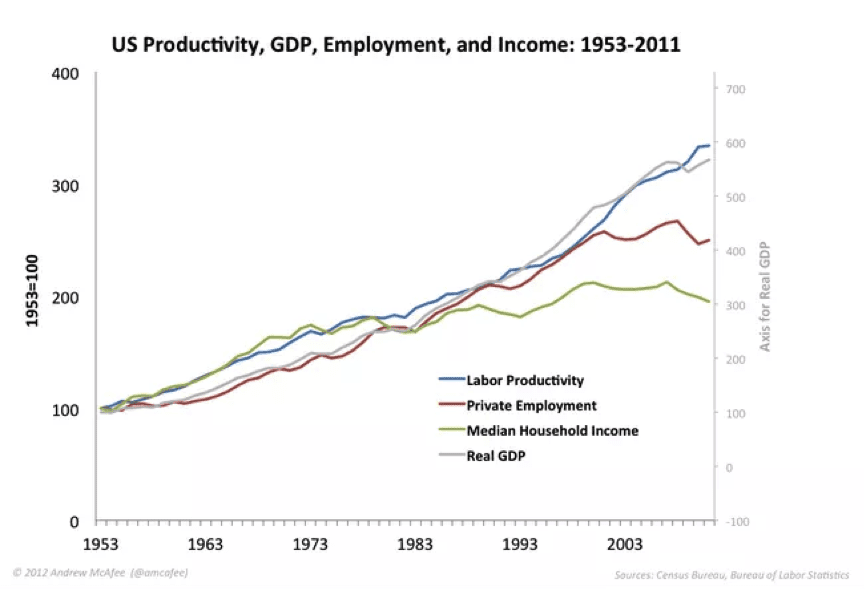
AI Researcher Moshe Vardi
